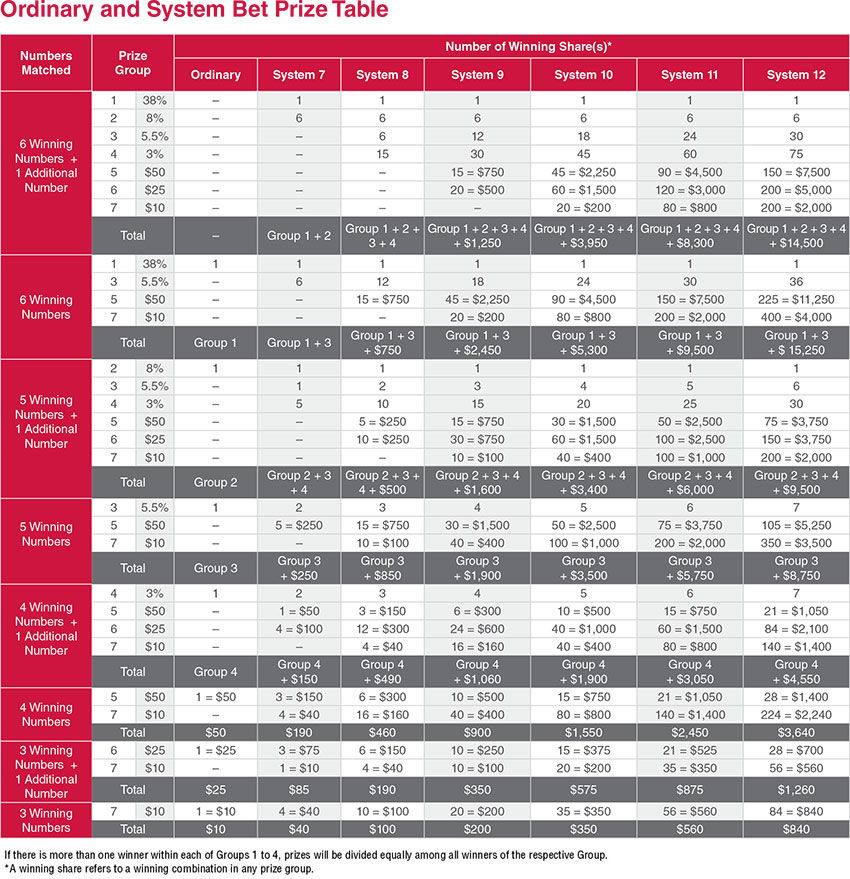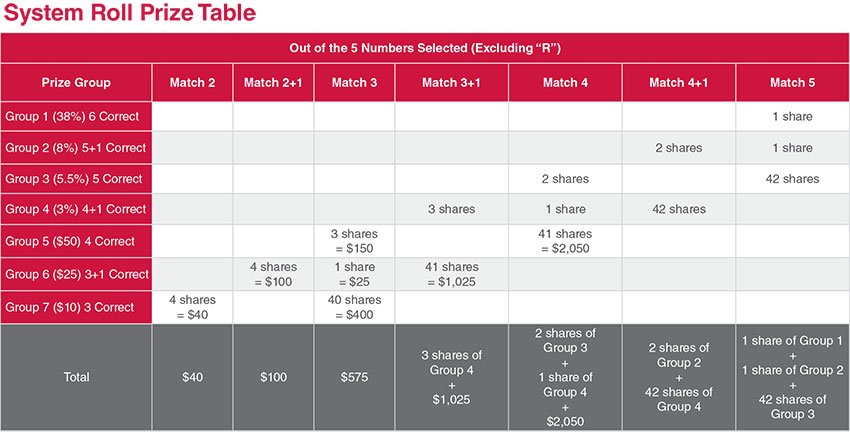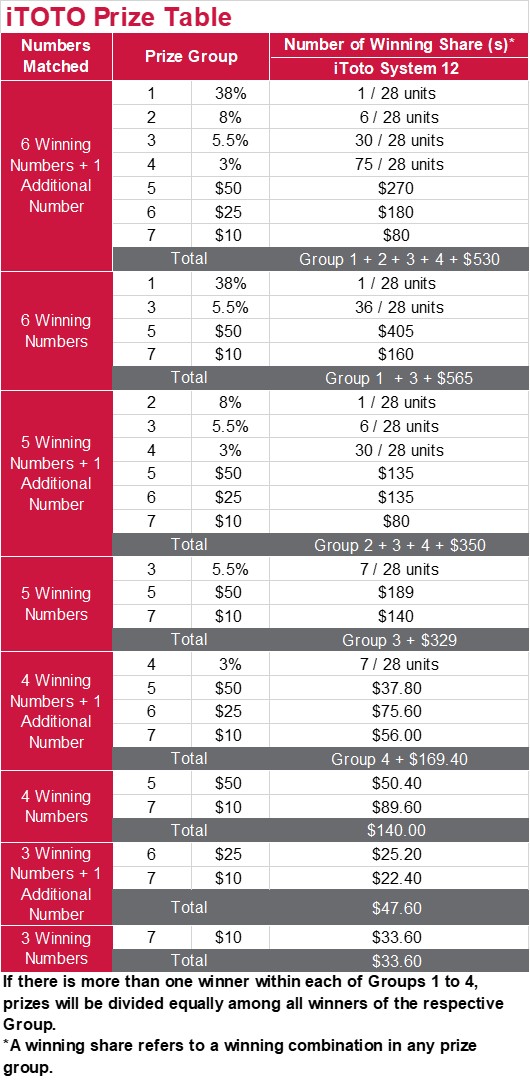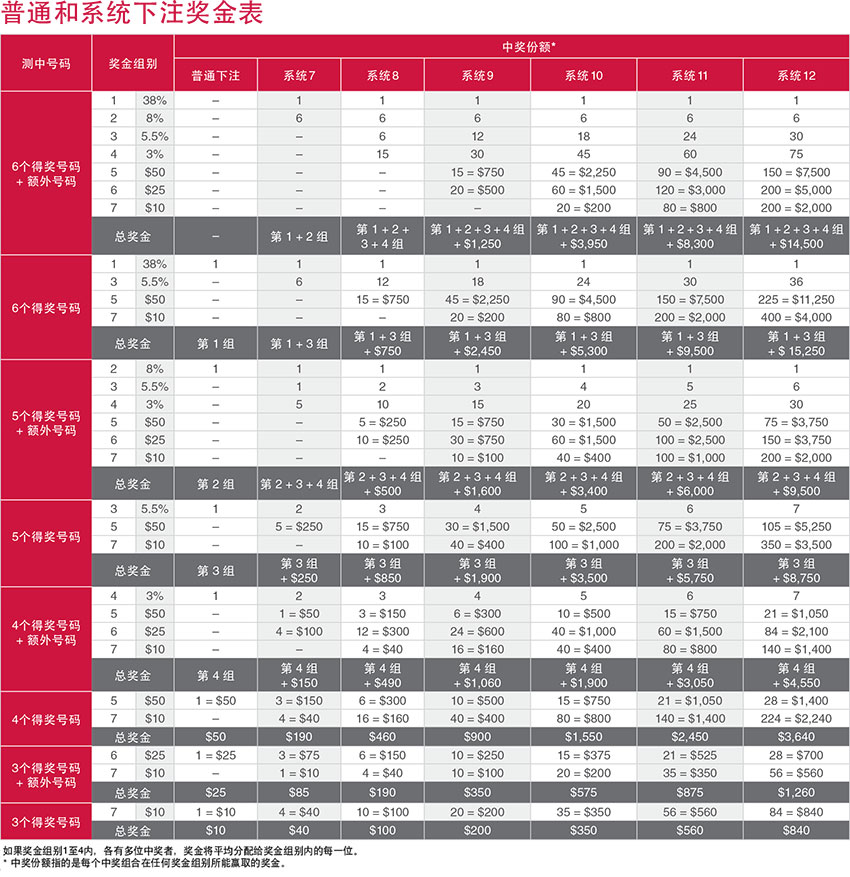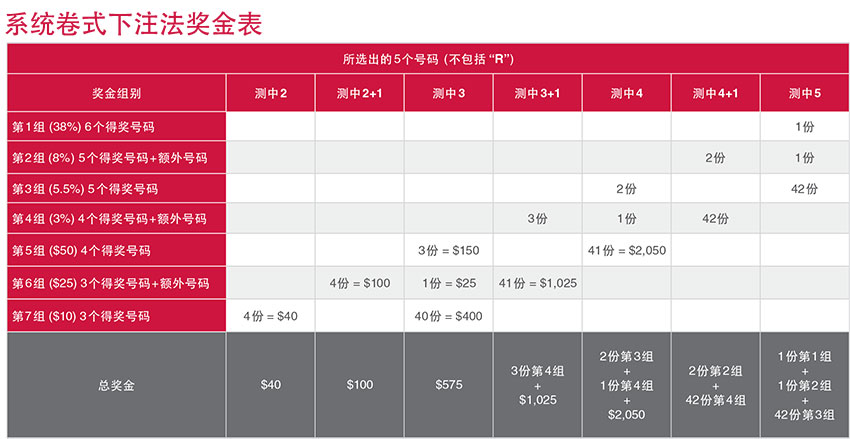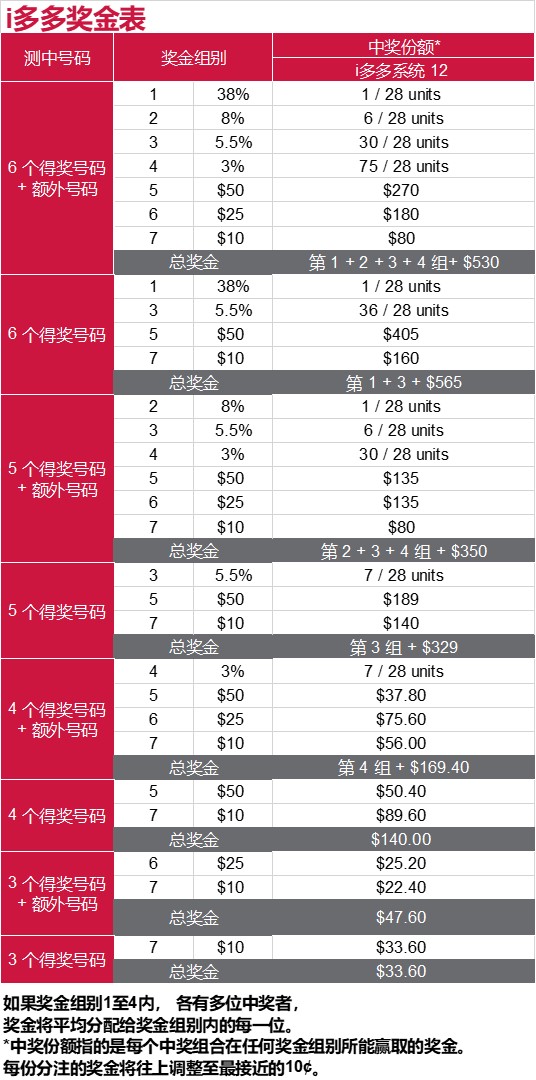The recent surge in rental prices in Singapore’s real estate market has significantly impacted the local social and economic landscape. In the past year, Singapore’s private residential rents have seen the fastest increase in 15 years, with condominium rents rising by 34.4% and public housing (HDB) rents surging by 28.5%. This situation has left many expatriates and local tenants struggling, forcing some to abandon condominiums in favor of more affordable public housing options.

On the one hand, the skyrocketing rents could lead to an overall increase in the cost of living. In Singapore, many expatriates and locals rely on rental properties for accommodation. As rental prices continue to climb, so do their living expenses. This could result in a decrease in consumption levels, thereby affecting Singapore’s domestic demand market.
On the other hand, the high rental prices may drive foreign talents away from Singapore. Foreign talents play a crucial role in Singapore’s economic development. However, as rental prices continue to rise, many expatriates may consider leaving Singapore in search of more affordable living environments. This could lead to a brain drain in Singapore, affecting its long-term economic competitiveness.
Furthermore, soaring rental prices may exacerbate social inequality. For low-income families, the high rental prices can put a significant strain on their financial resources. This could widen the wealth gap in society, further impacting social stability and harmony.
Additionally, the skyrocketing rents may lead to a real estate bubble. Currently, Singapore’s real estate market is experiencing a tight supply, with construction delays during the pandemic and an increase in temporary housing demand driving up rental prices. However, excessively high rental levels could trigger a market bubble, which, if burst, would have severe consequences for Singapore’s economy.
In conclusion, the impact of soaring rents on Singapore’s social and economic landscape cannot be ignored. The government should take proactive measures, such as adjusting real estate policies, increasing public housing supply, and strengthening market regulation, to stabilize the rental market and prevent the formation of a real estate bubble.
Firstly, the government can balance market supply and demand by adjusting real estate policies. For example, by increasing land supply, introducing new housing projects, or setting higher thresholds for investment property purchases, the government can alleviate pressure on the rental housing market. Additionally, the government could implement rent control policies to limit disorderly rent increases, ensuring rental levels remain within a reasonable range.
Secondly, increasing public housing supply is another effective method. The government can accelerate the construction of public housing, improving the quality and quantity of these properties to meet the needs of tenants from various income groups. Furthermore, the government can introduce rental subsidy programs to help low-income families cope with rental pressure.
Lastly, strengthening market regulation is key to maintaining rental market stability. The government needs to establish a comprehensive rental market regulatory system, standardizing rental practices and preventing vicious competition. For instance, the government can use legal means to curb malicious rent increases or unreasonable contract terminations, protecting tenants’ rights and interests.
In summary, the negative impact of Singapore’s soaring rents on social and economic aspects requires active government intervention. By adjusting real estate policies, increasing public housing supply, and strengthening market regulation, the Singaporean government can stabilize the rental market and promote sustainable social and economic development.







